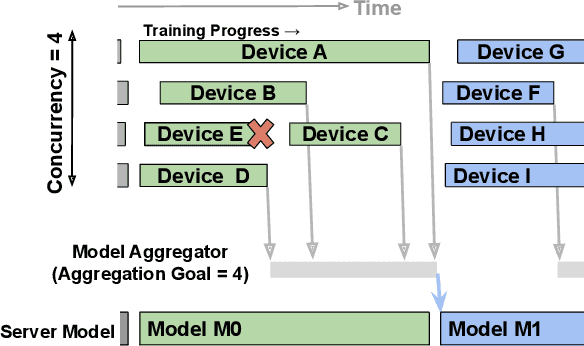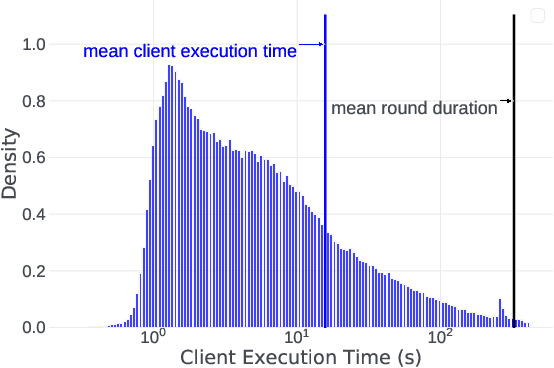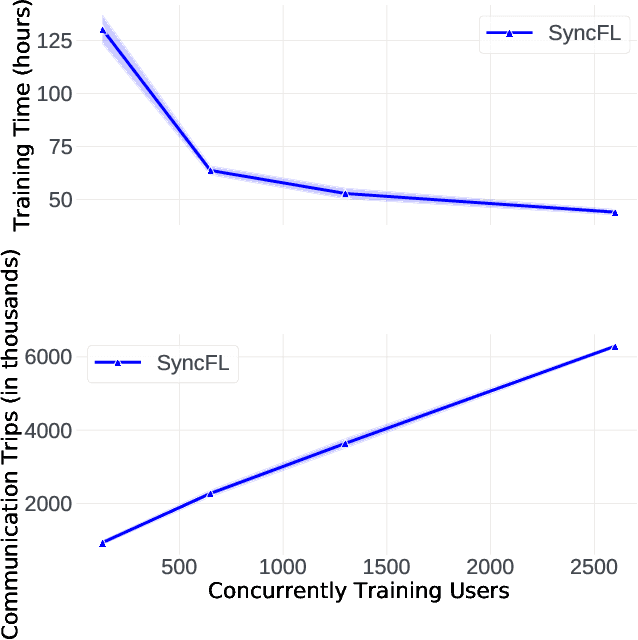Harish Srinivas
Federated Analytics in Practice: Engineering for Privacy, Scalability and Practicality
Dec 03, 2024



Abstract:Cross-device Federated Analytics (FA) is a distributed computation paradigm designed to answer analytics queries about and derive insights from data held locally on users' devices. On-device computations combined with other privacy and security measures ensure that only minimal data is transmitted off-device, achieving a high standard of data protection. Despite FA's broad relevance, the applicability of existing FA systems is limited by compromised accuracy; lack of flexibility for data analytics; and an inability to scale effectively. In this paper, we describe our approach to combine privacy, scalability, and practicality to build and deploy a system that overcomes these limitations. Our FA system leverages trusted execution environments (TEEs) and optimizes the use of on-device computing resources to facilitate federated data processing across large fleets of devices, while ensuring robust, defensible, and verifiable privacy safeguards. We focus on federated analytics (statistics and monitoring), in contrast to systems for federated learning (ML workloads), and we flag the key differences.
Papaya: Practical, Private, and Scalable Federated Learning
Nov 08, 2021



Abstract:Cross-device Federated Learning (FL) is a distributed learning paradigm with several challenges that differentiate it from traditional distributed learning, variability in the system characteristics on each device, and millions of clients coordinating with a central server being primary ones. Most FL systems described in the literature are synchronous - they perform a synchronized aggregation of model updates from individual clients. Scaling synchronous FL is challenging since increasing the number of clients training in parallel leads to diminishing returns in training speed, analogous to large-batch training. Moreover, stragglers hinder synchronous FL training. In this work, we outline a production asynchronous FL system design. Our work tackles the aforementioned issues, sketches of some of the system design challenges and their solutions, and touches upon principles that emerged from building a production FL system for millions of clients. Empirically, we demonstrate that asynchronous FL converges faster than synchronous FL when training across nearly one hundred million devices. In particular, in high concurrency settings, asynchronous FL is 5x faster and has nearly 8x less communication overhead than synchronous FL.
 Add to Chrome
Add to Chrome Add to Firefox
Add to Firefox Add to Edge
Add to Edge